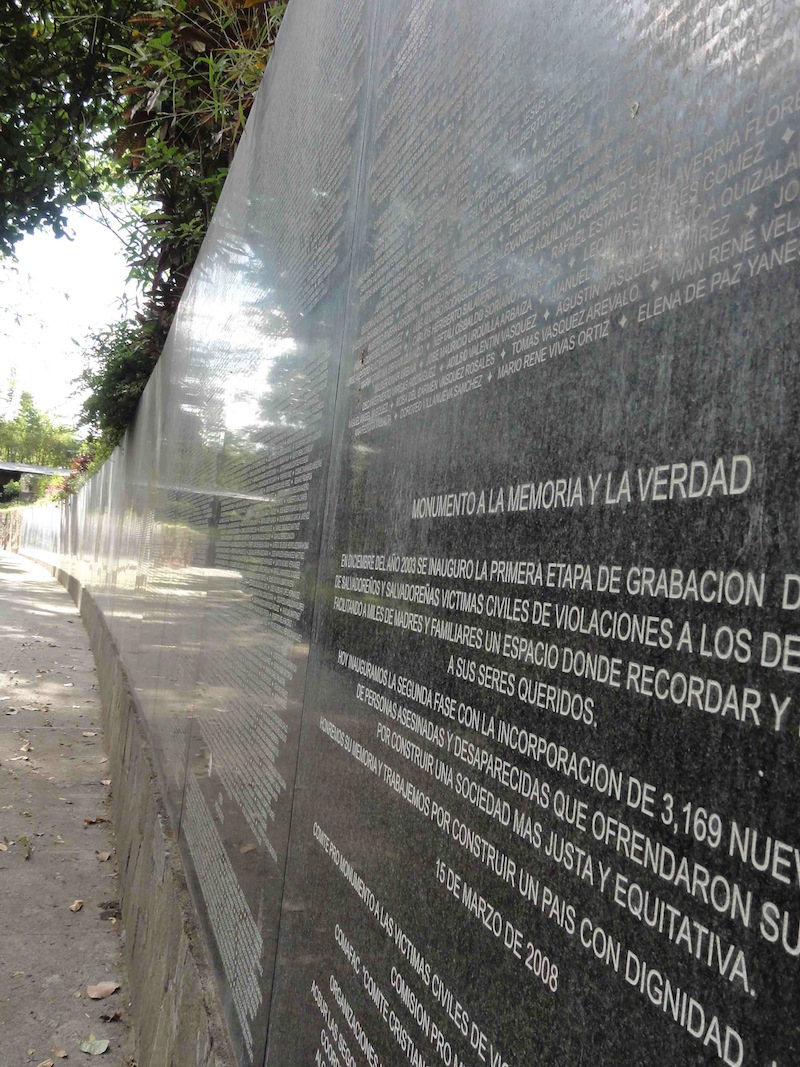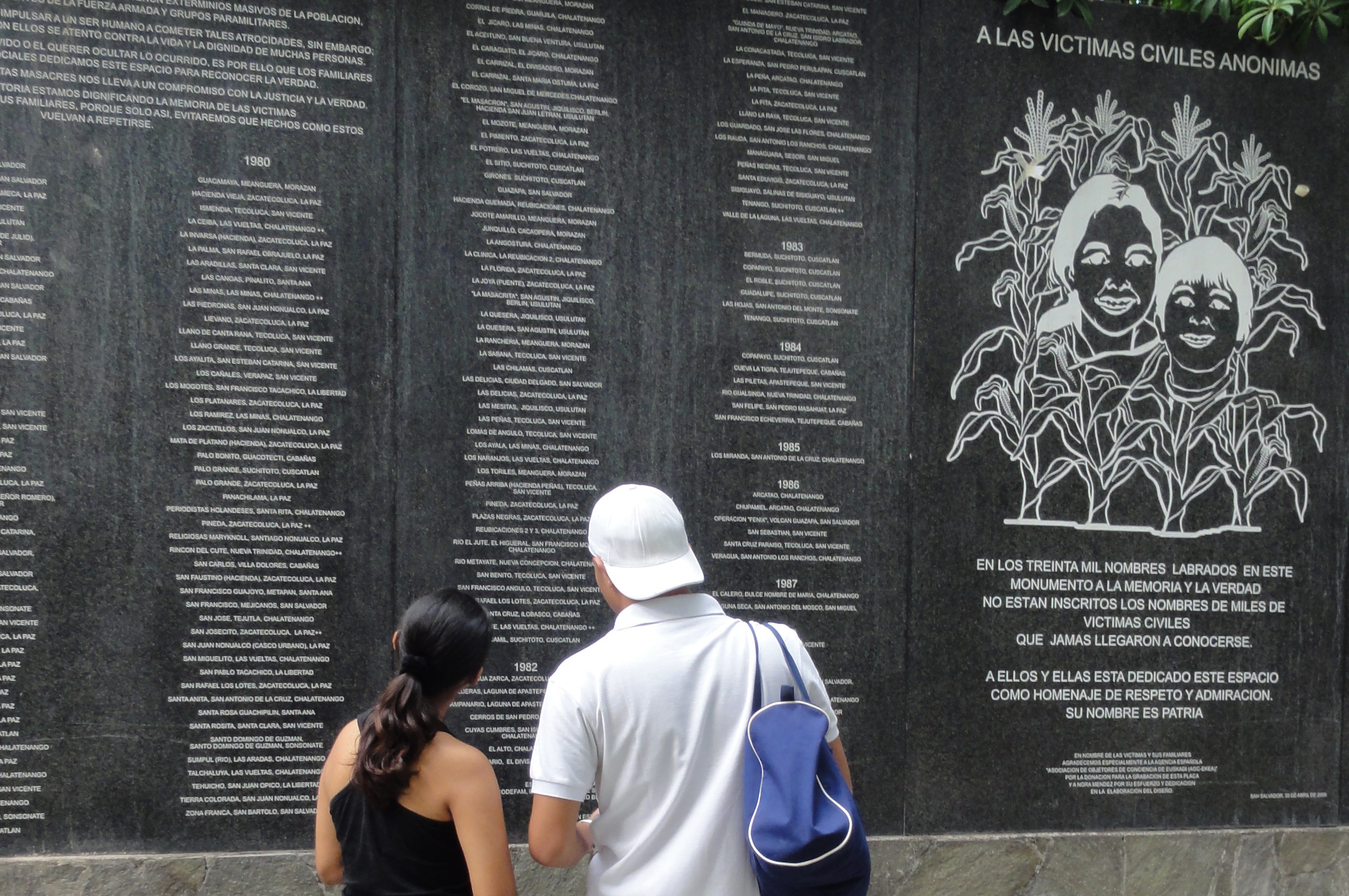
Hours before President Obama was set to land in their country, Salvadorans were listening and reading–and weighing–each statement he made before his historic arrival. From the crowded, tin-roofed shantytowns of Soyapango (among the most densely populated areas in the hemisphere) to the gigantic gated mansions of the Escalon district in San Salvador, Obama's words seemed to gain weight with each minute leading up to the arrival of Air Force One.
Expectations were almost as varied as the many rumors and questions filling the smoggy air here in this very political country where, according to the Catholic University, one of every three people was organized against the US-backed government during the bloody 12-year civil war. Almost 20 years after the end of that war, one would be hard pressed to find someone in this country of 6.5 million whose conversation does not eventually lead to a story about the friend, family member or acquaintance among the 75,000 who lost their lives because of the conflict.
"What did he mean when he said that we should not be trapped by our history?" asked Alonso Flores in Cuzcatlan park, not far from the Cathedral where Obama will visit the tomb of the most famous Salvadoran in history, slain Archbishop Oscar Romero. Flores was referring to statements the President made in response to a Chilean journalist who asked whether the United States should apologize for its role in the military coup that led to the death of then-President Salvador Allende. "Is it true that Obama is going to visit the tomb of Roberto D'Abuisson?" Flores wondered. Rumors of a possible Obama visit to the tomb of the notorious founder of the ARENA party (and, according to the UN Truth Commission, the paramilitary death squads that killed Romero) were sparked by recent statements made by ARENA party legislator Mario Valiente, who suggested that the President should also lay a wreath on the tomb of D'Abuisson.
Obama's statements about history have a very special resonance for Katya Martinez and Douglas Magana, two students born three years after the civil war. "I hope Obama says something about what happened to my uncle and other family members," said Martinez, who was staring into the 1980 section of the "Massacres in El Salvador" part of the Monumento a la Memoria y la Verdad (Monument to Memory and Truth). In Parque Cuzcatlan, the black granite memorial to 30,000 (cases documented by the Truth Commission) of the 75,000 men, women and children killed during the war.
"Obama should know how important it is not to forget," Magana told me. He thought that homicides in El Salvador, which on a daily basis have now surpassed levels seen during the war, will not end unless "we have someone like General Martinez again. He was strict."
Magana's reference was to to Maximiliano Hernandez Martinez, the dictator who initiated El Salvador's long line of military dictatorships with the 1932 massacre of more than 30,000, mostly indigenous people. Martinez also initiated the myth that "La Matanza" (The Great Killing) was necessary to cure a crime problem that took place during the only economic downturn worse than the one El Salvador is now experiencing.
When I told Magana and Martinez about my interviews of a close relative who survived the massacre, they paused and thanked me for sharing information about a chapter of Salvadoran history that, until recently, hadn't been taught in schools.
After saying goodbye, they walked along the rest of the football field-long monument built as "A space for hope, for dreaming and building a more just, humane and equal society."
This piece was also run by New America Media, AlterNet and the Huffington Post.



